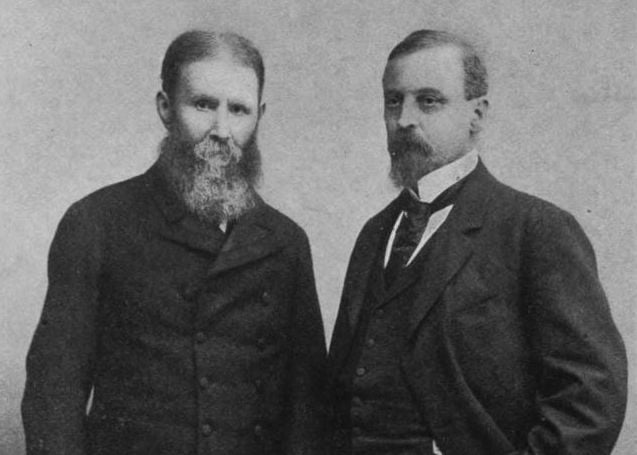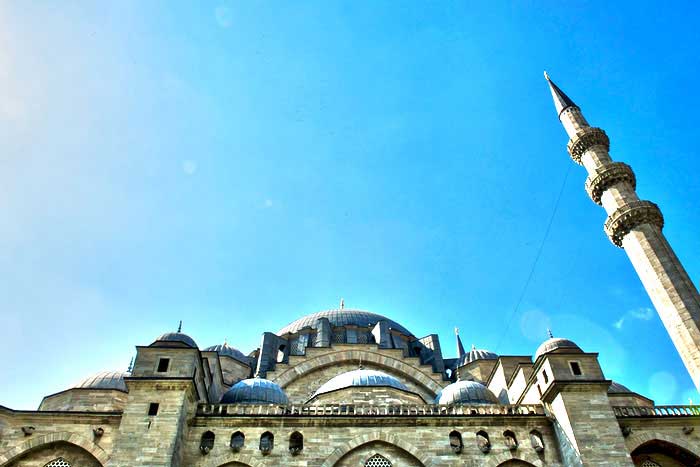From early morning a light eastern breeze brought a confused hum of human life, above which predominated the whistle of steamers. In the afternoon six o`clock came; the movements in the harbor began to cease; the mews hid themselves in the rents of the cliffs; the waves grew feeble and became in some sort lazy; and then on the land, on the sea, and on the tower came a time of stillness unbroken by anything.
The yellow sands from which the waves had fallen back glittered like golden stripes on the width of the waters; the body of the tower was outlined definitely in blue. Floods of sunbeams were poured from the sky on the water and the sands and the cliff. At that time a certain lassitude full of sweetness seized the old man. He felt that the rest which he was enjoying was excellent; and when he thought that it would be continuous nothing was lacking to him.
Men built houses for invalids
Skavinski was intoxicated with his own happiness; and since a man adapts himself easily to improved conditions, he gained faith and confidence by degrees; for he thought that if men built houses for invalids, why should not God gather up at last His own invalids?
Time passed, and confirmed him in this conviction. The old man grew accustomed to his tower, to the lantern, to the rock, to the sand-bars, to solitude. He grew accustomed also to the sea-mews which hatched in the crevices of the rock, and in the evening held meetings on the roof of the lighthouse. Skavinski threw to them generally the remnants of his food; and soon they grew tame, and afterward, when he fed them, a real storm of white wings encircled him, and the old man went among the birds like a shepherd among sheep.
When the tide ebbed he went to the low sandbanks, on which he collected savory periwinkles and beautiful pearl shells of the nautilus, which receding waves had left on the sand. In the night by the moonlight and the tower he went to catch fish, which frequented the windings of the cliff in myriads. At last he was in love with his rocks and his treeless little island, grown over only with small thick plants exuding sticky resin.
The distant views repaid him for the poverty of the island, however. During afternoon hours, when the air became veiy clear he could see the whole isthmus covered with the richest vegetation. It seemed to Skavinski at such times that he saw one gigantic garden—bunches of cocoa, and enormous musa, combined as it were in luxurious tufted bouquets, right there behind the houses of Aspinwall.
Read More about Domestic Conflicts part 18








